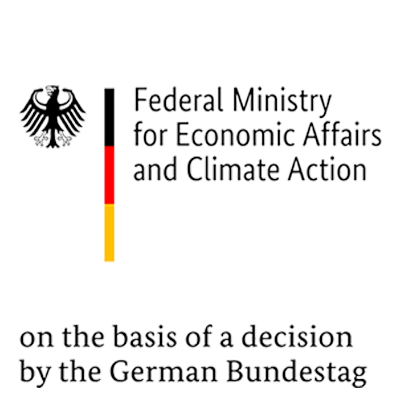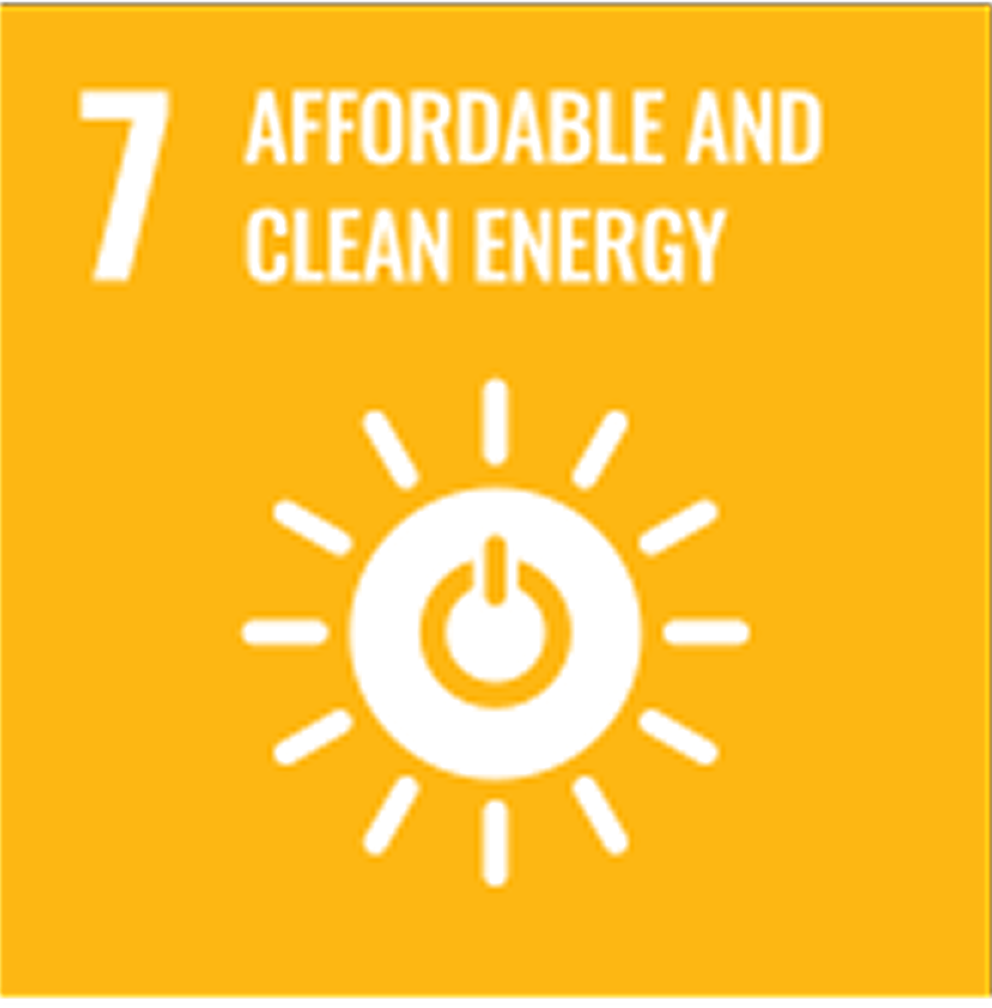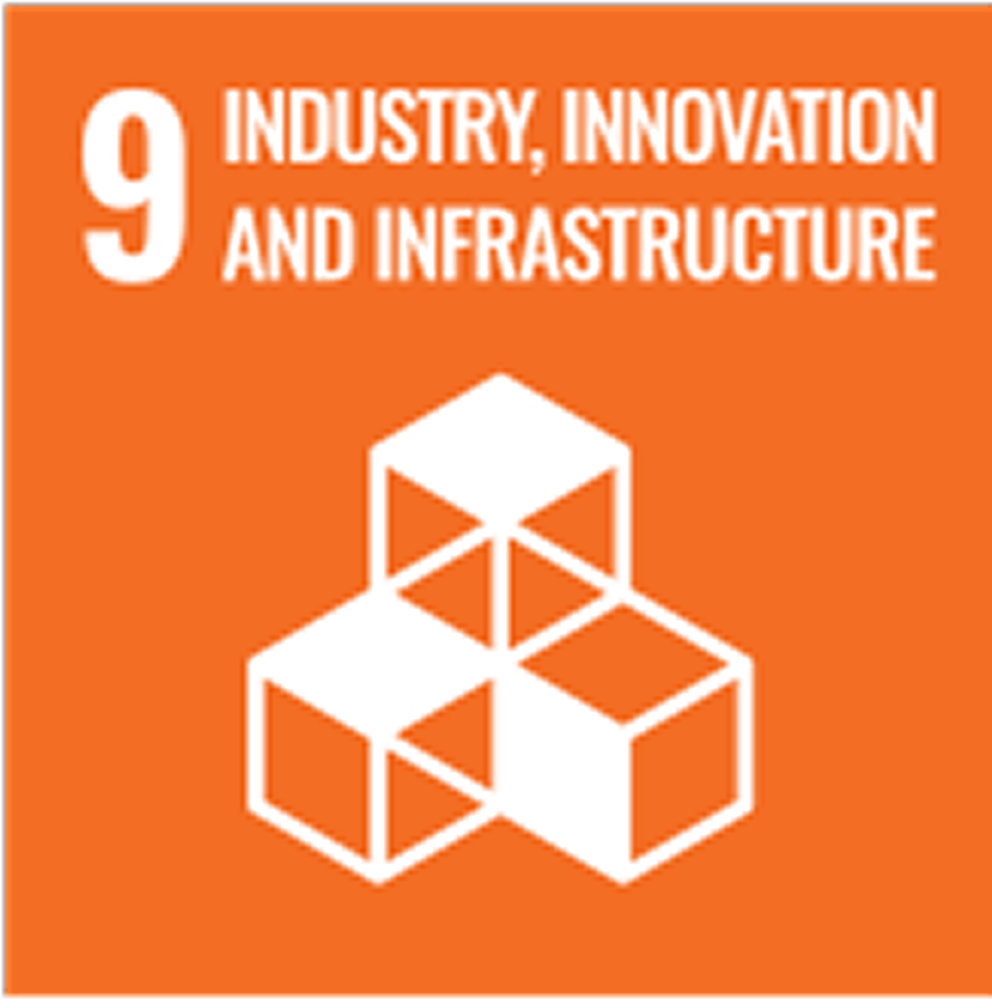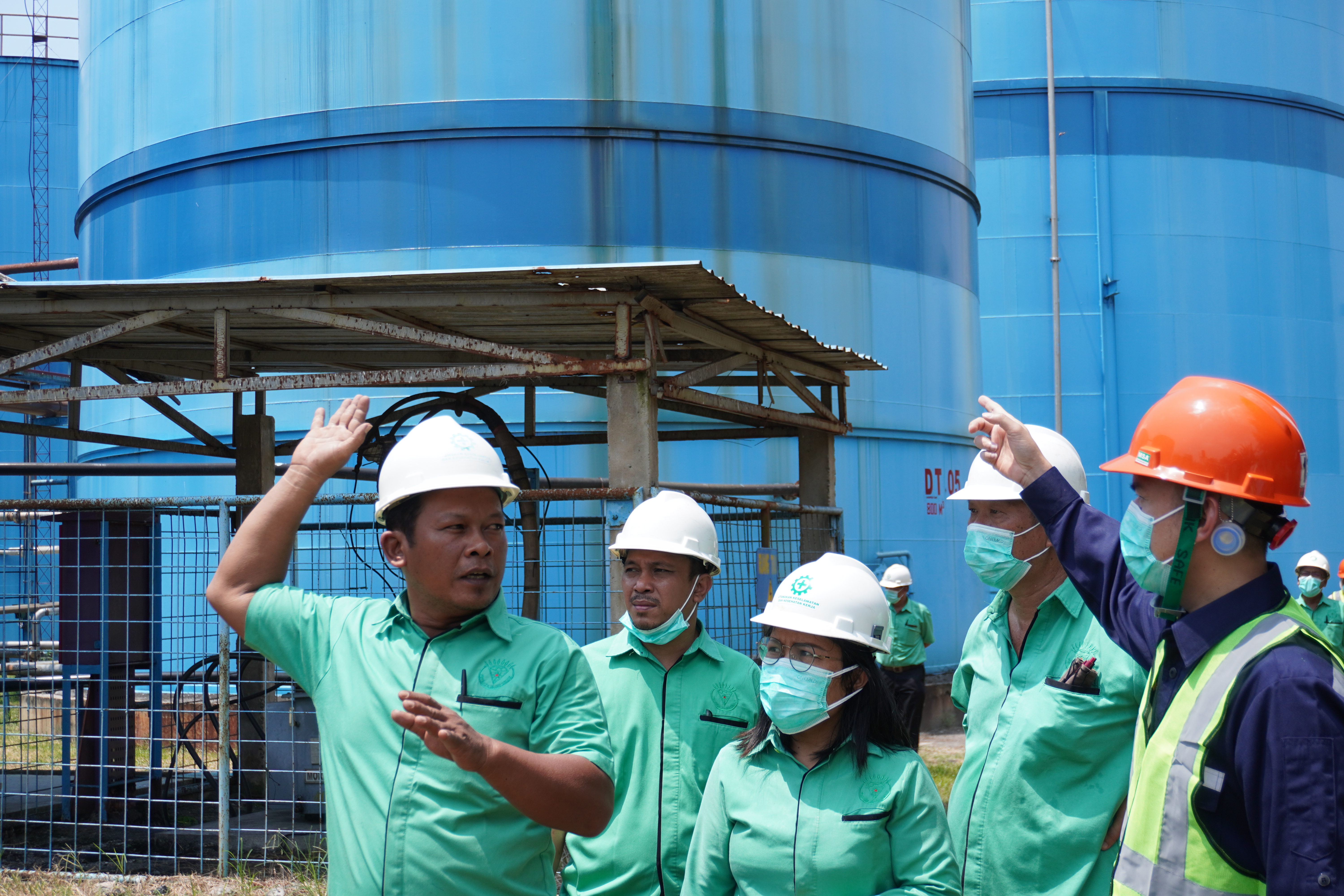ENERGY TRANSITION THEMES
Industry Decarbonisation
Indonesia, as ASEAN’s largest economy, is pursuing its Vision 2045 to become a fully industrialized and environmentally sustainable nation. Industry remains central to economic growth, contributing significantly to GDP, exports, and investment. However, it also accounts for a quarter of national emissions. Targeting a 9 million ton CO₂e reduction in the IPPU sector, Indonesia is encouraging energy-efficient and low-carbon industrial practices, aligned with global climate commitments and mechanisms such as CBAM.

ENERGY TRANSITION THEMES
Industry Decarbonisation
Indonesia, the largest economy in ASEAN and 16th globally, is pursuing its Vision 2045 to become a fully industrialised and green economy. Industry already plays a significant role—contributing 16.77% to GDP, over 71% of exports, and more than 40% of national investment. However, this sector is also a major emitter, accounting for about 25% of Indonesia’s total greenhouse gas emissions in 2022. The highest-emitting industries include cement, steel, textiles, and food processing, largely due to high energy consumption.
To support its green transition, Indonesia’s Nationally Determined Contribution (NDC) targets a reduction of 9 million metric tons of CO₂e from industrial processes. Yet, uptake of energy-efficient practices and low-carbon technologies remains limited. Promising progress is emerging from pioneering companies and private sector actors who are aligning with global supply chain decarbonisation efforts, especially in anticipation of mechanisms like the EU’s Carbon Border Adjustment Mechanism (CBAM).
GIZ supports the Government of Indonesia in developing a robust financing ecosystem that leverages fiscal reforms, de-risking tools, and public-private integration to mobilize meaningful investment in clean energy
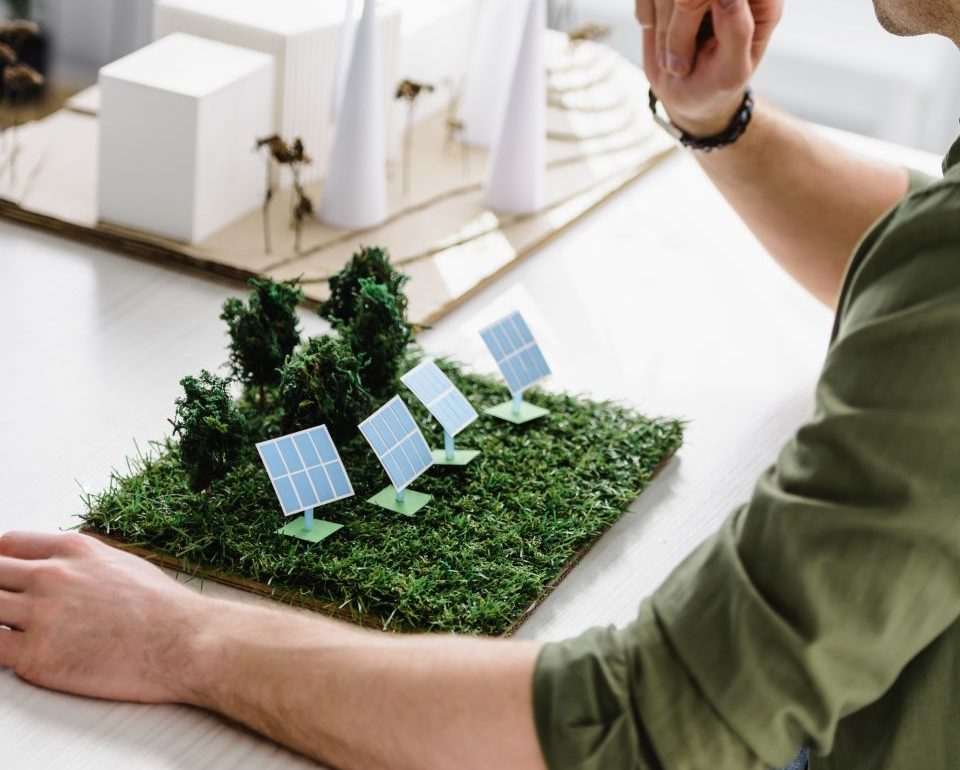
Our Mission
GIZ supports Indonesia’s green economic transformation and industrial decarbonisation through the integrated application of renewable energy and energy efficiency
Overall Objective of Thematic Area
- Long time to use Lobortis non et dolor laoreet proin lectus. Potenti etiam convallis sed consectetur nibh nisi, rhoncus convallis. Enim interdum a, in praesent viverra nisl.
- Easy installation At neque, commodo sit molestie. Amet amet, faucibus risus, est bibendum volutpat. Morbi enim lobortis quis purus, viverra vitae vitae congue.
- Maintenance services Porttitor lacus blandit ornare pulvinar egestas. Augue nunc, viverra diam ornare tortor, maecenas id. At neque, commodo sit molestie.


- Renewable energy Augue nunc, viverra diam ornare tortor, maecenas id. At neque, commodo sit molestie. Amet amet, faucibus risus, est bibendum volutpat.
- Environmental solutions Curabitur viverra lorem egestas elit tortor. Adipiscing in viverra rhoncus risus, pulvinar ante auctor lorem dignissim. Justo, quam ultrices nulla et lacinia.
- For many purposes Egestas cras gravida egestas pretium. Sed id quisque pellentesque et, quis sit pharetra venenatis. Vulputate interdum sed et turpis diam ultricies lectus.
What We Do
Implementation Approach
Policy Advisory
We work closely with MEMR, MoI, and KKP to develop policy frameworks that support industrial energy efficiency and expand the use of renewable energy—laying the foundation for a greener manufacturing sector.
Matchmaking
We facilitate partnerships between industries, clean technology providers, and investors—bridging the gap between innovation and implementation to accelerate low-carbon transitions.
Capacity Building
Through targeted training and knowledge sharing, we equip companies with tools to manage energy more efficiently and engage financial institutions to unlock funding for sustainable industrial transformation.
Capacity Energy Audits
Our expert-led audits help industries identify where they can cut energy use and costs. We also conduct feasibility studies to guide smart investment in clean technologies.
Demonstration Projects
We support first movers through pilot initiatives—ranging from net-zero industrial champions and NZE cities to solar-powered cold storage systems—creating scalable models for industrial decarbonisation
Contribution to National Targets
Supporting the implementation of NZE 2060 roadmap, achieving 44% renewable energy by 2030 under JETP, advancing Vision 2045, enabling industrial decarbonization by 2050, and operationalizing Presidential Regulations No. 98/2021 and 112/2022
Project List
Our Project
ExploRE
Strategic Exploration of Economic Mitigation Potentials through Renewables
Strategic Exploration of Economic Mitigation Potentials through Renewables (ExploRE)
- Commissioned by: Federal Ministry for Economic Affairs and Climate Action (BMWK), International Climate Initiative (IKI)
- Regional Focus: Indonesia
- Volume: 5.35 Million EUR
- Political Patner Ministry of Energy and Mineral Resources (MEMR – DJ EBTKE), Coordinating Ministry for Maritime Affairs and Investment (Kemenkomarves), Ministry of National Development Planning (Bappenas), Ministry of Finance – Fiscal Policy Agency (MoF/BKF), PT PLN, PT Pertamina, private sector partners
- Overall term: 2018 to 2025
- Strategic Exploration of Economic Mitigation Potentials through Renewables (ExploRE) Commissioned by: Federal Ministry for Economic Affairs and Climate Action (BMWK)
Financier: International Climate Initiative (IKI)
Country: Indonesia
Lead executing agency: Directorate General of New, Renewable Energy, and Energy Conservation, Ministry of Energy and Mineral Resources, Republic of Indonesia
Overall term: 2018 to 2025


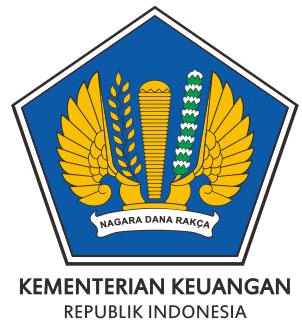









Impact Stories
Local Heroes, Global Goals
Strategic Steps Toward Industrial Decarbonisation
Implementation Approach

We are the first company to connect a private solar power plant to the "green" tariff in the city
- 01 Policy advisory for MEMR, MoI and KKP on energy eficiency and renewable energy for industry
- 02 Capacity building for corporates on energy management and the financial sector on sustainable energy finance
- 03 Matchmaking between private sector stakeholders/industries, technology providers and investors
- 04 Energy audits and techno-economic pre-feasibility studies
- 05 Demonstration projects/first movers: Industry Champions, NZE City Pioneers, and Solar Cold Storages and related Supply Chains
News and Events
Latest Updates in Indonesia’s Energy Transition
Thematic Partners
National Partners & Collaboration








